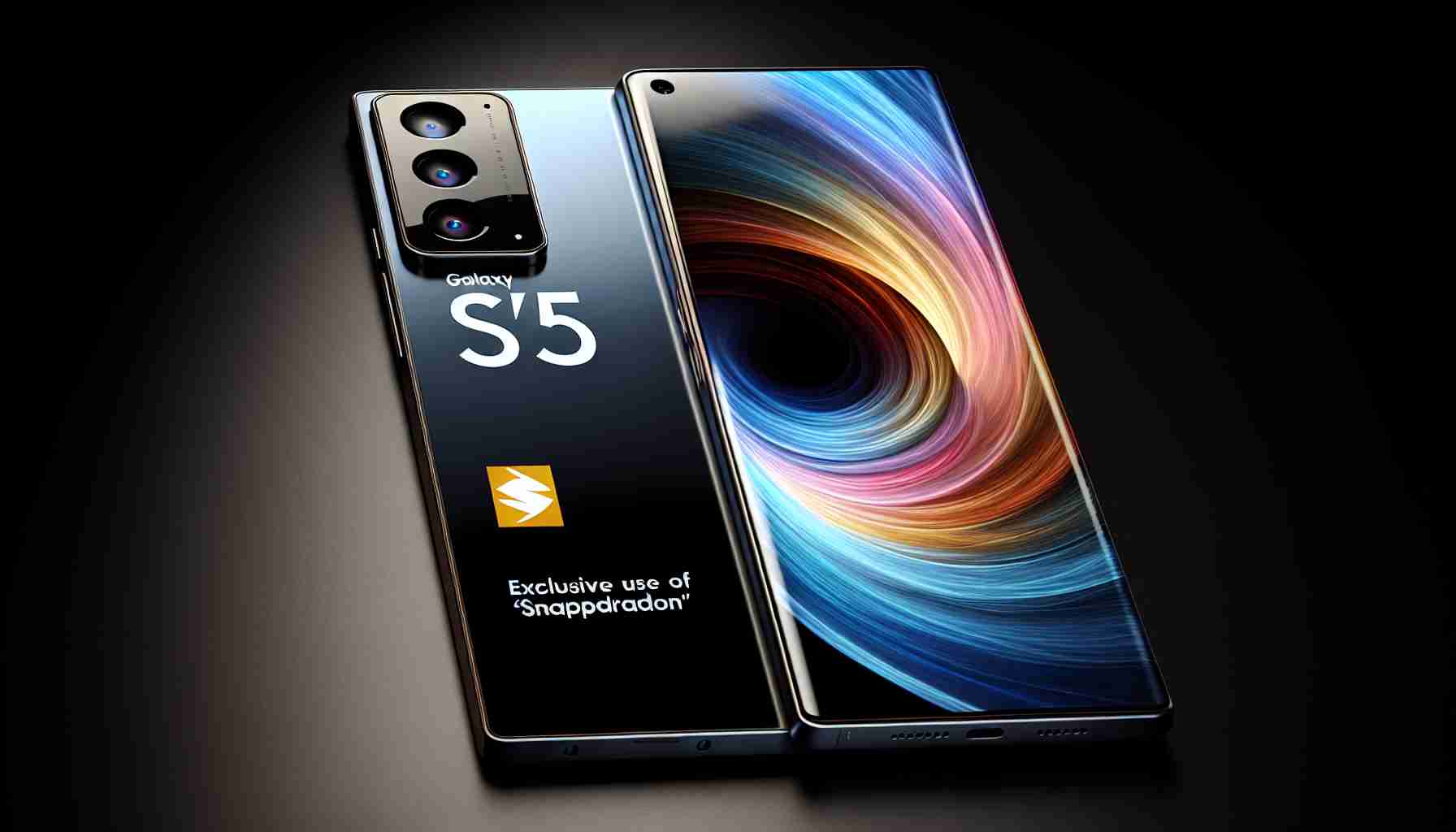Recent leaks suggest that Samsung’s upcoming Galaxy S25 series smartphones will exclusively utilize Snapdragon chipset technology worldwide. This revelation has put an end to the ongoing debates regarding the processors that will power these flagship devices.
Industry insider Ice Universe shared insights through social media, asserting that every model in the Galaxy S25 lineup will be equipped with Qualcomm’s Snapdragon processors. This shift marks a significant milestone, as it’s the first instance since the 2023 Galaxy S23 series that Samsung has opted for a uniform chipset across the entire range. Historically, this trend of using only Snapdragon chips has occurred on a few occasions, namely the Galaxy S23 series and the older Galaxy S5.
The Snapdragon 8 Elite processor, touted for its remarkable improvements in both performance and efficiency, is set to be a highlight of this new series. While Qualcomm promises substantial enhancements, including a significant performance upgrade, some users may not experience these boosts in real-world applications. Additionally, the increased production costs associated with the Snapdragon 8 Elite may lead to higher retail prices for the Galaxy S25 models.
This decision comes against the backdrop of ongoing struggles faced by Samsung Foundry with its Exynos 2500 chip production, leading to speculation that Samsung may seek partnerships with other manufacturers. As the launch date approaches, the focus on Snapdragon may indicate a strategic pivot by Samsung amidst ongoing challenges in chip development.
Exclusively Snapdragon: The Future of Galaxy S25 Series
As Samsung prepares to unveil its Galaxy S25 series, the decision to go exclusively with Snapdragon chipsets has generated considerable excitement and some concern within the tech community. This monumental shift not only simplifies the production line for Samsung but also raises critical questions regarding technological implications, consumer expectations, and market competition.
Key Questions and Answers
1. Why has Samsung decided to switch to exclusively Snapdragon chipsets for the Galaxy S25 series?
Samsung’s decision appears to be influenced by production challenges with the Exynos 2500 chips, which have struggled to meet performance benchmarks. By relying solely on Qualcomm, Samsung can ensure a more reliable supply chain and focus on optimizing the software experience around Snapdragon’s capabilities.
2. What are the expected performance benefits of the Snapdragon 8 Elite processor?
The Snapdragon 8 Elite processor is anticipated to deliver significant advancements in graphics rendering, AI processing, and energy efficiency. This may lead to smoother multitasking and enhanced gaming experiences, appealing to tech-savvy users.
3. What challenges could arise from this exclusive Snapdragon strategy?
A primary concern is the potential for increased costs. The reliance on Qualcomm’s technology may push retail prices higher, straining budgets for consumers. Furthermore, if Qualcomm faces production delays, Samsung could experience supply chain setbacks impacting product availability.
Advantages and Disadvantages
Advantages:
– Enhanced Performance: Users can expect powerful performance improvements and better energy management.
– Simplified Production: A single-source chipset streamlines product development and reduces complexities in manufacturing.
– Uniform Experience: A unified chipset allows for consistent software optimization across all Galaxy S25 models.
Disadvantages:
– Higher Retail Prices: The shift may result in prices that are less competitive compared to other flagship models from rival manufacturers using lower-cost chips.
– Dependency on Qualcomm: Samsung becomes heavily dependent on Qualcomm for its flagship devices. This could limit the company’s ability to innovate internally.
– Potential Performance Bottlenecks: If real-world performance does not match marketing claims, customer satisfaction could suffer.
Conclusion
The Galaxy S25 series’ exclusive adoption of Snapdragon chipsets signifies a strategic move by Samsung amidst the evolving landscape of smartphone technology. While there are promising benefits, such as improved efficiency and performance, there are also risks that could affect market competitiveness and consumer pricing. The tech world will be watching closely as these devices approach their launch date.
For more information on Samsung’s plans and smartphone technology advancements, visit Samsung’s official site.
The source of the article is from the blog papodemusica.com
